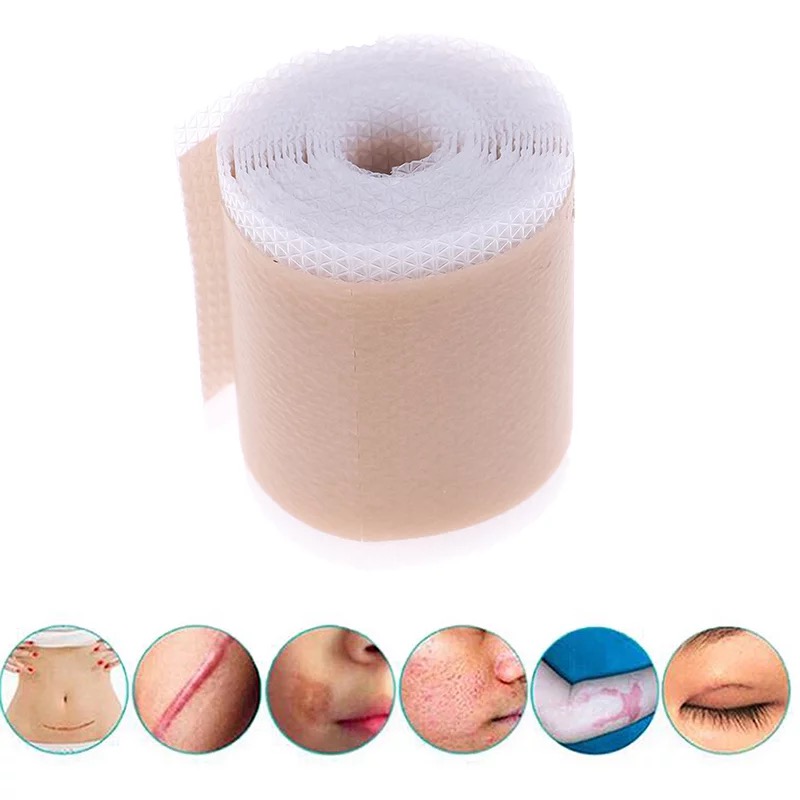+86-13928321129
jiahewell@jhzhb.com
- All
- Product Name
- Product Keyword
- Product Model
- Product Summary
- Product Description
- Multi Field Search
 English
English English
English
Physical properties:
Elasticity and softness: Medical silicone gel has excellent elasticity and softness, allowing it to adapt to different shapes and structures, and is especially suitable for manufacturing medical devices and products that require contact with human tissue.
Transparency: Some medical silicone gels have high transparency, which is very important for manufacturing medical imaging equipment, ultrasound probe protective covers and other products that require light transmission.
Adjustable hardness: The hardness of medical silicone gel can be adjusted as needed. This tunable hardness makes it suitable for different uses, such as making surgical tools, implants and dressings.
High temperature resistance: Medical silicone gel usually has high temperature resistance, which allows it to maintain stability during sterilization and disinfection processes and meets the hygienic standards of medical devices.
Permeability: The permeability of medical silicone gel is adjustable, which is very important for some products that require breathability, such as dressings.


Chemical properties:
Biocompatibility: Medical silicone gel is extremely compatible with living organisms, reducing the risk of allergic reactions and rejection reactions in patients. This makes it ideal for manufacturing implants and medical devices.
Chemical resistance: Medical silicone gel has good chemical resistance and can withstand contact with disinfectants and drugs without being damaged, maintaining its performance and stability.
Biological stability: Medical silicone gel is biologically stable to biological fluids, blood, etc., and is not easily affected by the internal environment, leading to deterioration or degradation.
Tasteless and Odorless: Medical silicone gel is generally tasteless and odorless, which is important when manufacturing medical products that require contact with the oral or nasal cavities.